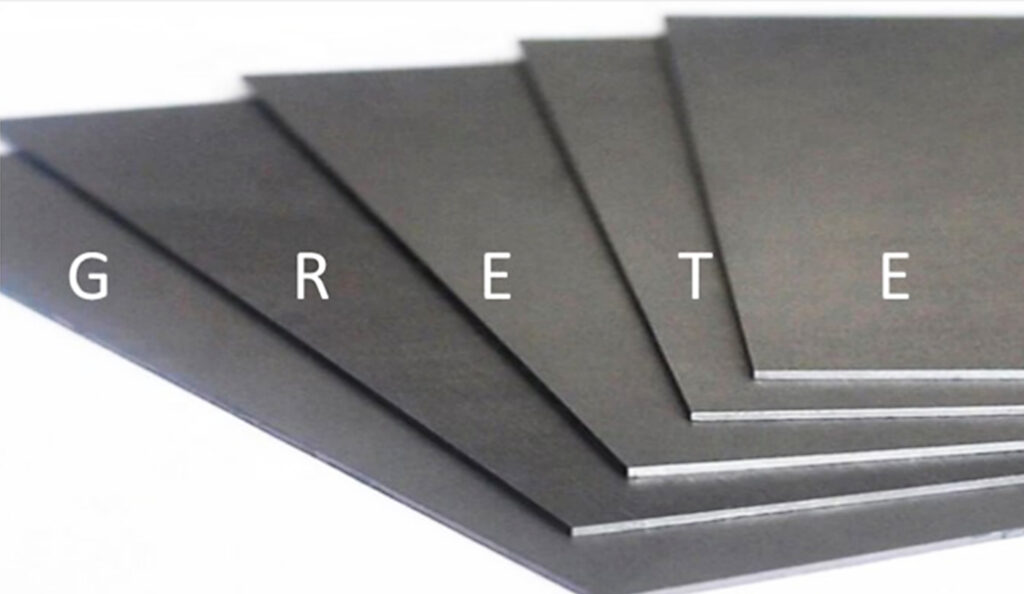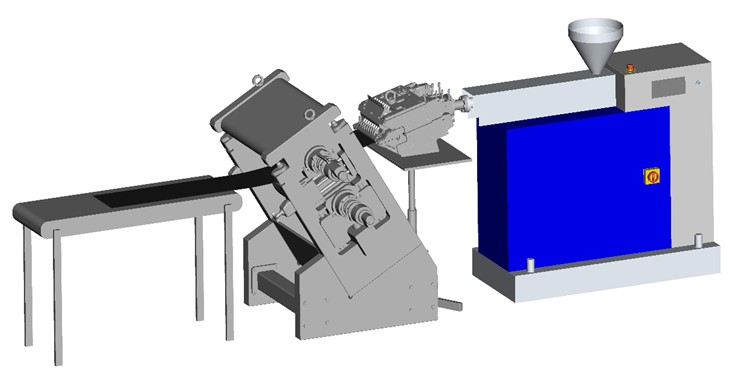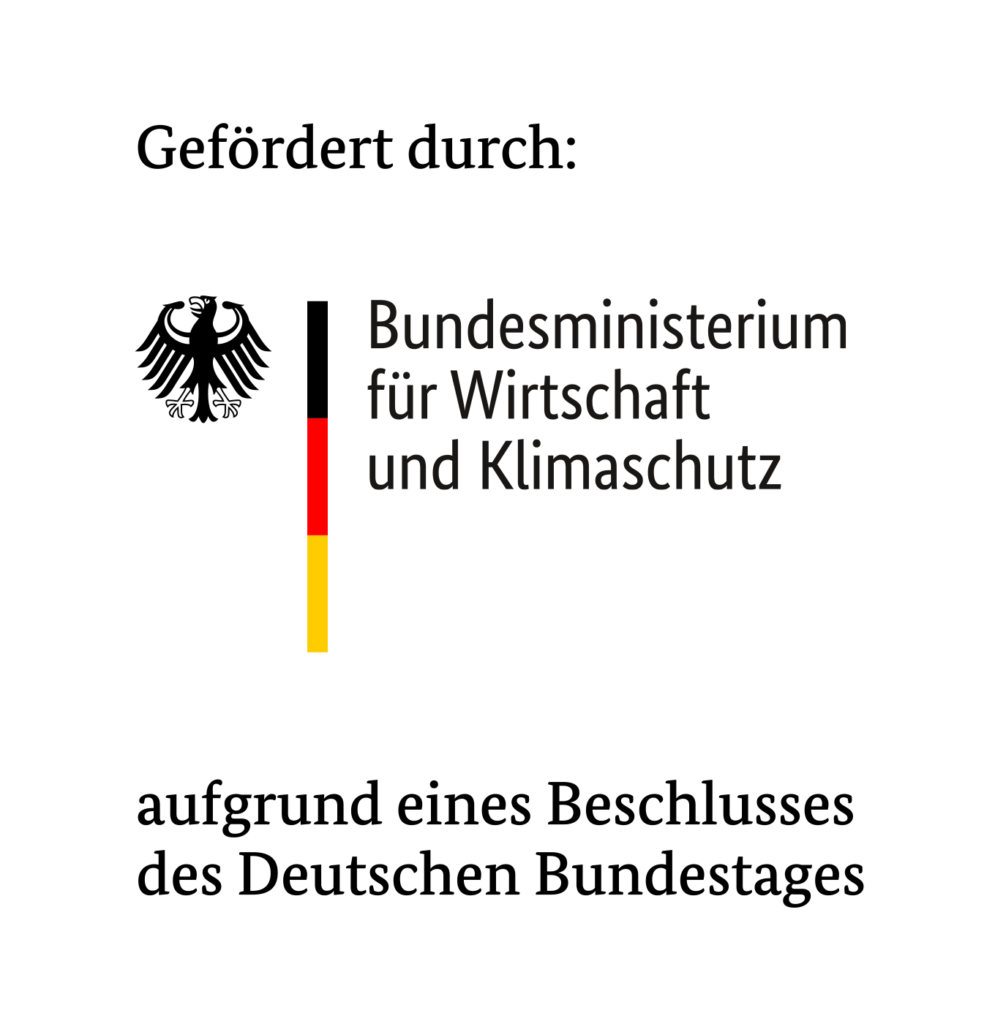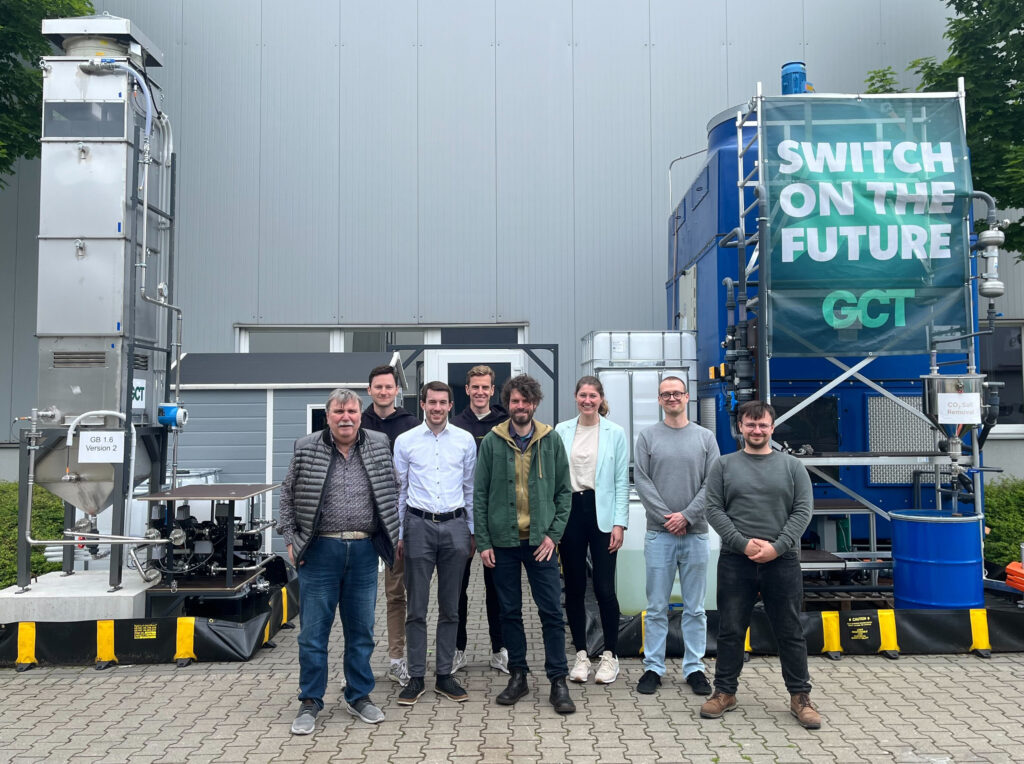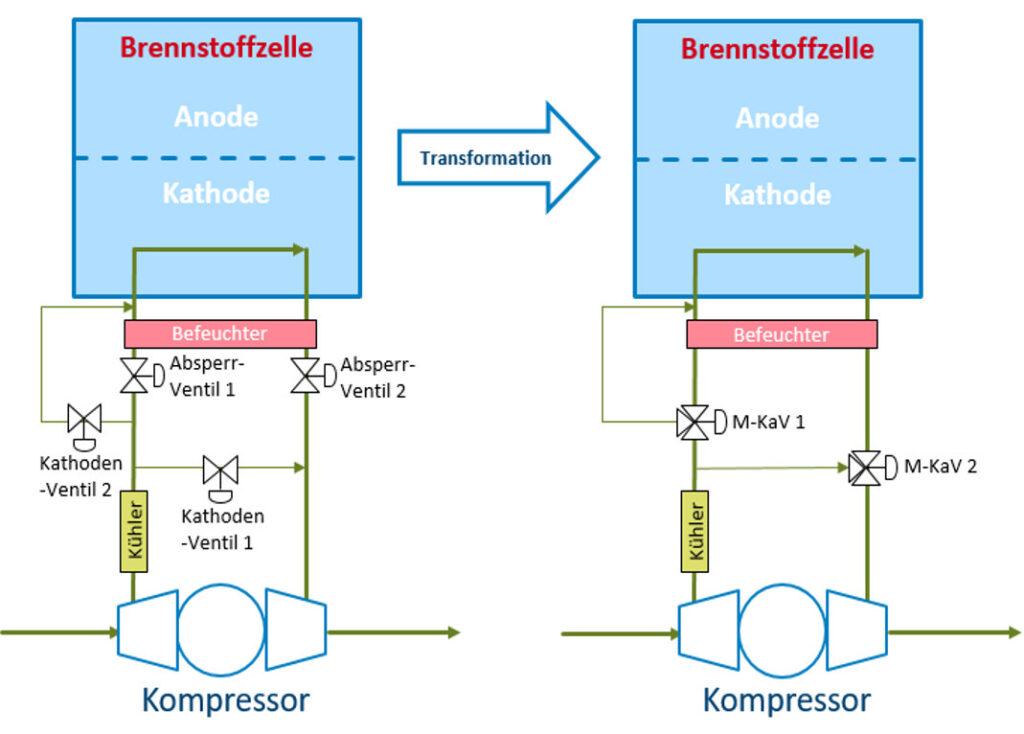The process to be developed is intended to enable the extrusion of the sheets in the desired shape and size. Subsequently, the extruded sheets will undergo an embossing process, in which corresponding channel structures are introduced. For both applications, embossing tools need to be researched and developed to enable precise and efficient embossing of the sheets.
The project concludes with the development and research of new heat exchangers and HT-PEM fuel cells based on the developed Graphite-PPS sheets. For this purpose, the sheets will be qualified in terms of their performance and durability in the fuel cell as well as in the heat exchanger. Various tests and analyses will be carried out to evaluate the properties and suitability of the sheets for the respective applications.
An important aspect of the project is to optimise the thermal and electrical conductivity of the Graphite-PPS sheets. This is crucial for the efficiency and performance of the heat exchangers and fuel cells. By using graphite as a conductive material, the sheets can ensure effective heat transfer while also providing electrical conductivity for use in fuel cells.
- Project title:
Graphite-PPS sheets for heat exchangers and high-temperature polymer electrolyte membrane fuel cells
- Project acronym: GRETE
- Funding measure:
Applied non-nuclear research funding in the 7th Energy Research Programme “Innovations for the Energy Transition” according to the announcement by the Federal Ministry for Economic Affairs and Energy of 18 June 2021
- Duration: 1 January 2024 – 31 December 2026 (3 years)
- Funding reference number: 03EN5041F
